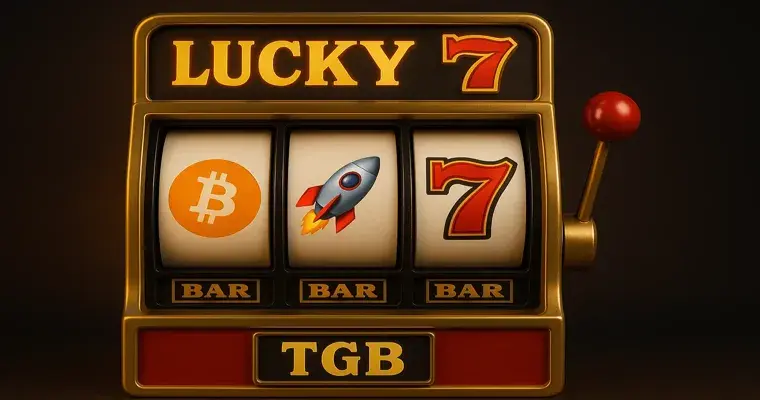Cash might be the most familiar giving method for donors, but it’s far from the only one. Accepting different types of donations can help nonprofits in numerous ways, which include being able to diversify funding, acquire new donors, and unlock major gifts in the form of non-cash assets. Here are five key reasons why nonprofits should accept multiple types of donations:
1. Diversifying Funding Revenue
Many nonprofits rely on individual donations as their main source of funding, and accepting different types of donations helps to diversify their funding streams. By accepting different types of donations, nonprofits can reduce their reliance on any one type of funding.
2. Aligning With Donor Preferences
Donors may prefer to give in different ways depending on their financial circumstances and priorities. By accepting different types of charitable donations, nonprofits can meet donors where they are and provide a range of options for giving.
3. Creating Greater Impact
By accepting different types of donations, nonprofits can have a greater impact in the communities they serve. In-kind donations, for example, can help to address immediate needs such as food, clothing, or shelter. Legacy gifts, on the other hand, can provide long-term support for a nonprofit’s mission.
4. Providing Tax Benefits for Donors
Different types of donations can provide desirable tax benefits for donors, such as deductions for contributions to registered charities. Cash donations, for example, are tax-deductible up to a certain limit. Donating appreciated assets such as crypto, stocks, or real estate can provide additional tax benefits to donors that cash giving cannot, which can often result in larger gifts.
5. Building Relationships with Your Supporters
By offering a range of giving options, nonprofits can demonstrate their willingness to work with donors of all kinds, and deepen their donor relations over time. For example, a donor may initially make a stock gift, then provide grants through a Donor-Advised Fund, and later will want to establish a planned gift. Being adaptable is a powerful way to show your appreciation of their support, especially over the long-term.
Final Thoughts
Providing a variety of donation methods for your supporters isn’t about capitalizing on the latest giving trends. It’s a smart strategy that can diversify and grow your fundraising revenue over time.
Nonprofits should take the time to assess their needs, whether that’s unlocking more major gifts or acquiring new donors, to determine what kind(s) of donations they should explore offering next.




















